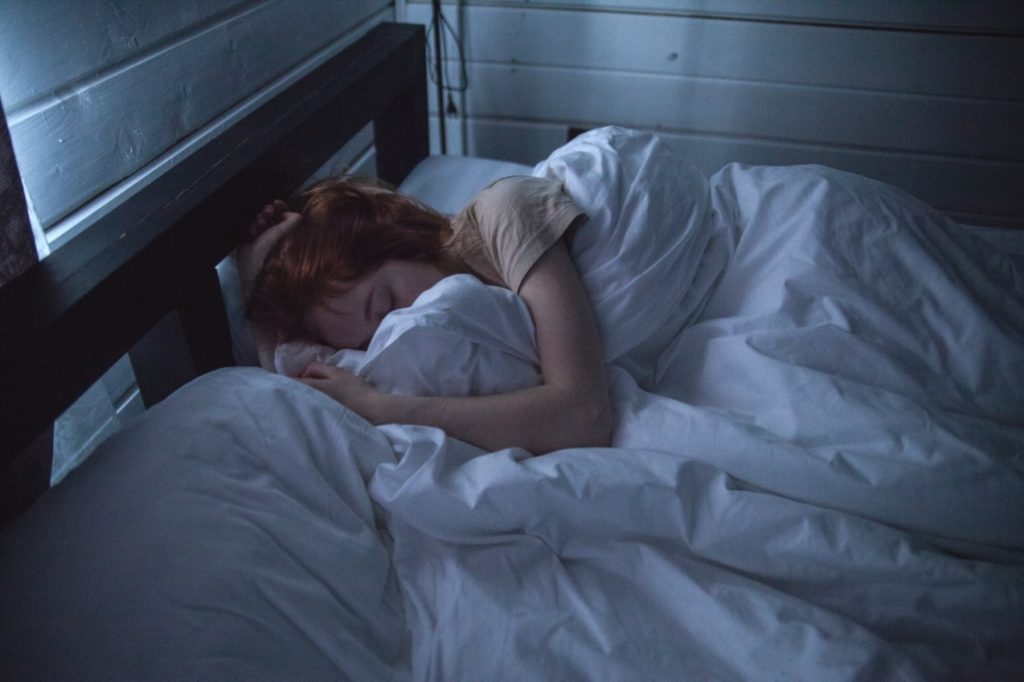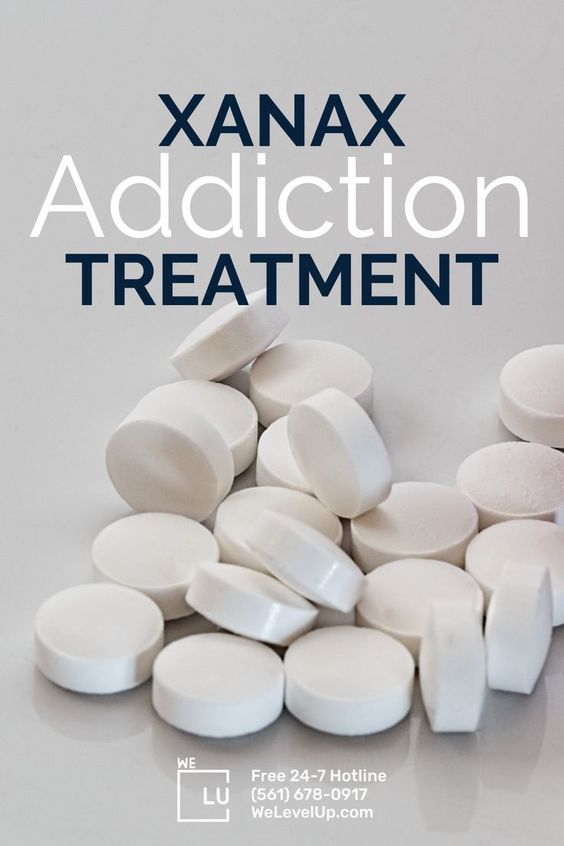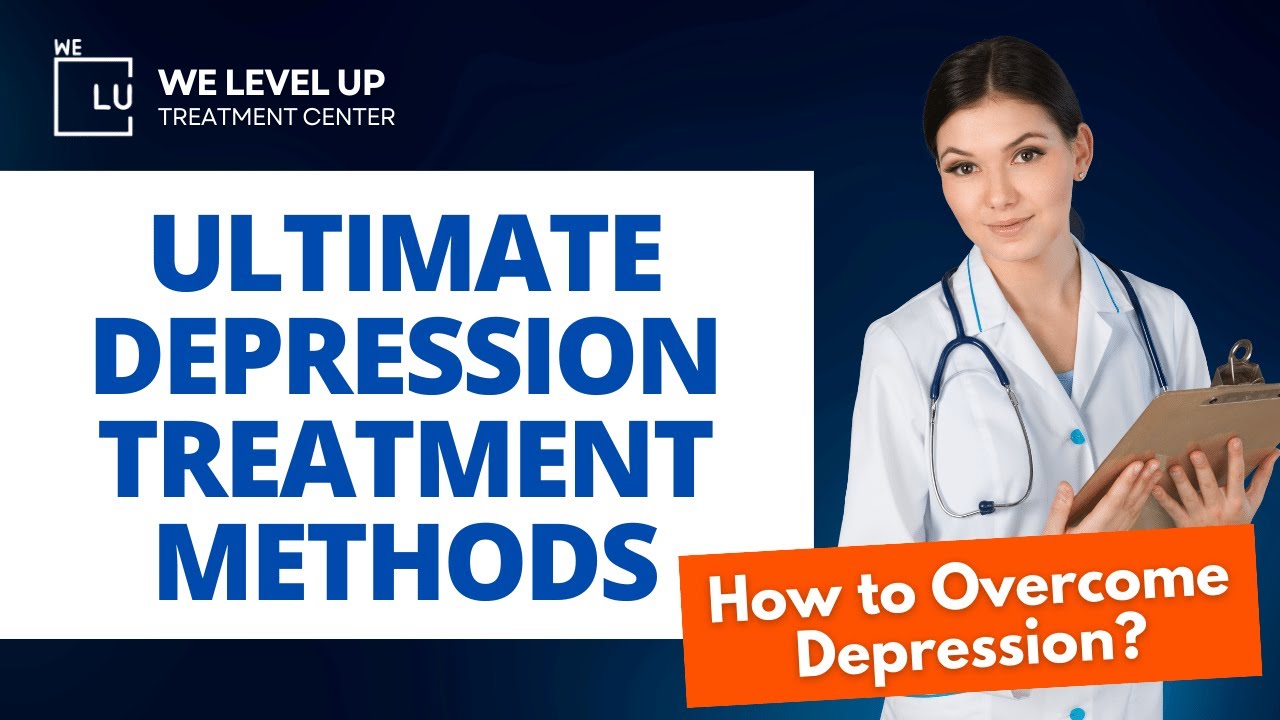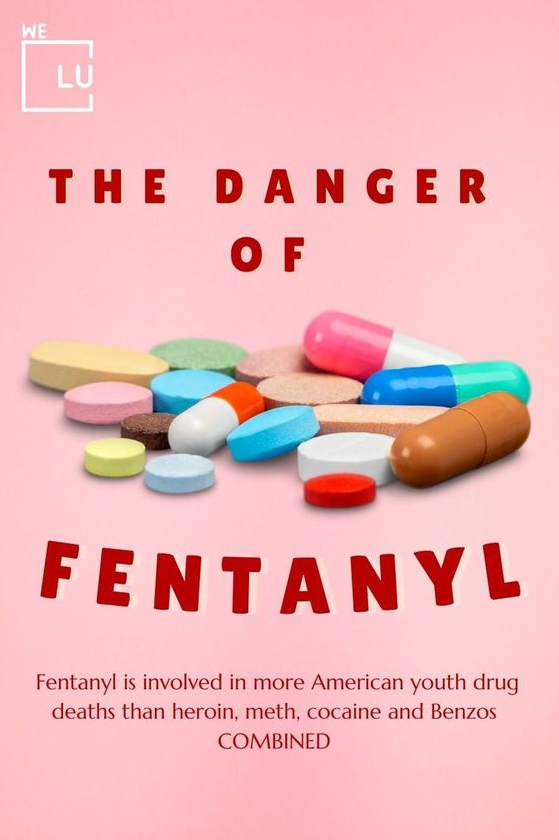What Is Melatonin?
Melatonin dietary supplements can be made from animals or microorganisms, but most often they’re made synthetically. Melatonin is sold in the United States as a dietary supplement and is promoted primarily as an aid for insomnia, stress, jet lag, and aging. Can you overdose on Melatonin? Yes, learn how it works and the symptoms of overdose below.
Melatonin is a hormone that your brain produces in response to darkness. It helps with the timing of your circadian rhythms (24-hour internal clock) and with sleep. Being exposed to light at night can block melatonin production. Research suggests that melatonin plays other important roles in the body beyond sleep. However, these effects are not fully understood.
Can you overdose on melatonin? Yes and the use of melatonin with antidepressant drugs may potentially increase your risk of some side effects, including sedation. As such, it’s important that you talk to your healthcare provider before you use these medications together. Also, It is not safe to take melatonin with alcohol. Alcohol interferes with the overall effectiveness of the supplement. Both melatonin and alcohol are sedatives, so there is an increased risk of accidents or over-sedation.
Melatonin Dosage
For melatonin supplements, particularly at doses higher than what the body normally produces, there’s not enough information yet about possible side effects to having a clear picture of overall safety. Short-term use of melatonin supplements appears to be safe for most people, but information on the long-term safety of supplementing with melatonin is lacking. Can you overdose on melatonin? An excessive amount more than what your doctor recommended to you may cause an accidental drug overdose.

How Much Melatonin Is Safe To Take?
A safe starting dose for adults is between 0.5 milligram and 5 milligrams of melatonin. Older adults may find lower doses, starting with 0.1 milligrams, to be safe and effective. [1]
Can you overdose on Melatonin? Yes, and to avoid further side effects keep in mind:
- Interactions with medications
- As with all dietary supplements, people who are taking medications should consult their health care providers before using melatonin. In particular, people with epilepsy and those taking blood thinner medications need to be under medical supervision when taking melatonin supplements.
- Possible allergic reaction risk
- There may be a risk of allergic reactions to melatonin supplements.
- Safety concerns for pregnant and breastfeeding women
- There’s been a lack of research on the safety of melatonin use in pregnant or breastfeeding women.
- Safety concerns for older people
- The 2015 guidelines by the American Academy of Sleep Medicine recommend against melatonin use by people with dementia.
- Melatonin may stay active in older people longer than in younger people and cause daytime drowsiness.
- Melatonin is regulated as a dietary supplement
- In the United States, melatonin is considered a dietary supplement. This means that it’s regulated less strictly by the Food and Drug Administration (FDA) than a prescription or over-the-counter drug would be. In several other countries, melatonin is available only with a prescription and is considered a drug.
- Products may not contain what’s listed on the label
- Can you overdose on melatonin? Yes. and some melatonin supplements may not contain what’s listed on the product label. A 2017 study tested 31 different melatonin supplements bought from grocery stores and pharmacies. For most of the supplements, the amount of melatonin in the product didn’t match what was listed on the product label. Also, 26 percent of the supplements contained serotonin, a hormone that can have harmful effects even at relatively low levels. [2]
Why Do People Take Artificial Melatonin?
Most people take melatonin on a short-term basis to relieve temporary sleep issues, such as those caused by jet lag. Melatonin can also help some people, such as shift workers or those with delayed sleep-wake phase disorder, reset their internal body clocks to get better sleep. While melatonin is primarily known as the “sleep hormone,” it may serve other important functions beyond regulating sleep. For example, it may help relieve anxiety prior to surgery. [3]
Melatonin Effects
Can you overdose on melatonin? Yes and although melatonin is not regulated as a drug, it may interact with benzodiazepines, be antagonized by naloxone and flumazenil, and interact with melatonin receptors in the central nervous system and elsewhere in the body. [4]

Melatonin Side Effects
A 2015 review on the safety of melatonin supplements indicated that only mild side effects were reported in various short-term studies that involved adults, surgical patients, and critically ill patients. [5] Some of the mild side effects that were reported in the studies included:
- Headache
- Dizziness
- Nausea
- Sleepiness.
Can you overdose on melatonin? Yes. but the possible long-term side effects of melatonin use are still unclear.
Can You Overdose On Melatonin?
Can you overdose on melatonin? Yes and while melatonin is generally considered safe, it is possible to take too much. There is no official recommended melatonin dosage, and people can have different sensitivities to melatonin, so finding an appropriate dose can be challenging. Moreover, because melatonin is not regulated in the U.S., the actual melatonin content of supplements can vary significantly. Studies have found that some melatonin products can have nearly five times as much melatonin as their label claims, or much less. [6]
The first sign that you’ve taken too much melatonin is that you’ll continue feeling its soporific effects the following day. You may feel especially drowsy or groggy. Doses of 10 milligrams or higher can cause side effects like drowsiness and headache. Other symptoms of melatonin overdose include:
- Changes in blood pressure
- Dizziness
- Headaches
- Nausea
- Vivid dreams or nightmares
Symptoms Of A Melatonin Overdose
Too much melatonin can have the opposite effect of its intended purpose. It can make it harder to sleep because your normal circadian rhythms will be disrupted. Can you overdose on melatonin? Yes. An overdose can also leave you feeling groggy and sleepy during the day and give you nightmares or extremely vivid dreams at night. [7] You can also experience:
- Nausea
- Dizziness
- Headaches
- Irritability or anxiety
- Diarrhea
- Joint pain
For some people, too much melatonin can affect their blood pressure. Medications that lower blood pressure, such as calcium channel blockers and beta-blockers, may reduce your body’s natural production of melatonin. However, taking a supplement to make up for lower melatonin levels may not always be advisable. Can you overdose on melatonin? Yes. Be sure to talk with your doctor about melatonin and any other supplements you take if you’ve been prescribed medications to help control your blood pressure.
Treating An Overdose
Treatment for a melatonin overdose will depend on the severity of the symptoms. In an emergency situation, a doctor will focus on stabilizing the person’s condition. A person experiencing chest pain or trouble breathing may require additional medical interventions.
Can you overdose on melatonin? Yes. In most cases, the best overdose treatment is to reduce or eliminate melatonin use. There is no research indicating that it is unsafe to stop using melatonin suddenly. If a person has to stop using melatonin because of side effects, a doctor or sleep specialist may be able to recommend other methods to help the person fall asleep.
How We Can Help? Searched for “inpatient drug rehab Texas” or are you seeking a national inpatient rehab destination?
We Level Up TX addiction treatment the needs of each patient are specific and personalized, as we aim to provide comprehensive support for mental health, substance abuse, and dual diagnosis treatment.
Drug Detox & Inpatient Rehab Texas
Because prescription drugs abuse involves using multiple drugs, the first step in treatment is detoxification. It will help you navigate the complicated withdrawal process, but it doesn’t address patterns of thought and behavior that contribute to drug abuse. Various treatment approaches and settings can help provide the ongoing support necessary to maintain long-term sobriety after you complete drug detox.
Cravings are very common during detox and can be challenging to overcome. This often leads to relapse. Constant medical care provided during inpatient treatment helps prevent relapse. Clinicians can provide necessary medication and medical expertise to lessen cravings and the effects of withdrawals.
Psychotherapy
Several different modalities of psychotherapy have been used in the treatment of depression including:
- Cognitive Behavioral Therapy (CBT) – It is an effective treatment that involves making changes in both the patterns of negative thoughts and the behavioral routines which are affecting the daily life of the depressed person for various forms of depression.
- Dialectical Behavioral Therapy – It is a comprehensive mental health and substance abuse treatment program whose ultimate goal is to aid patients in their efforts to build a life worth living. The main goal of DBT is to help a person develop what is referred to as a “clear mind.”
- Person-Centered Therapy – It is a strategy that allows and encourages clients to understand and resolve their concerns in a safe, supportive environment.
Dual Diagnosis Treatment Centers Texas
Substance abuse and mental health disorders often co-occur. In many cases, traumatic experiences can result in a mental health disorder and substance abuse. Dual diagnosis rehabilitation treats both of these issues together. The best approach for the treatment of dual diagnosis is an integrated system. In this strategy, both the substance abuse problem and the mental disorder are treated simultaneously. Regardless of which diagnosis (mental health or substance abuse problem) came first, long-term recovery will depend largely on the treatment for both disorders done by the same team or provider.

Medication-Assisted Treatments
Medication-Assisted Treatments (MAT) for substance use disorders and mental health disorders are commonly used in conjunction with one another. This includes the use of medications and other medical procedures. During your rehab, the staff from your treatment facility will help you identify what caused your addiction and teach you skills that will help you change your behavior patterns and challenge the negative thoughts that led to your addiction. Sometimes, the pressures and problems in your life lead you to rely on substances to help you forget about them momentarily.
Can you overdose on melatonin? Yes, and to ensure safe usage, it is always a good idea to consult your doctor before taking any over-the-counter sleep aid, including melatonin.
If you or a loved one are struggling with long-term polysubstance abuse and a co-occurring mental health condition such as anxiety and depression, contact one of our helpful treatment specialists today. We Level Up TX can provide information on dual diagnosis and detox programs that may fit your specific needs.
Call today to speak with one of our treatment specialists. Our counselors know what you are going through and will answer any of your questions.
Sources:
[1-3-6] Melatonin Dosage: How Much Melatonin Should You Take – https://www.sleepfoundation.org/melatonin/melatonin-dosage-how-much-should-you-take
[2-5] Melatonin: What You Need To Know – National Center for Complementary and Integrative Health
[4] Problems in the assessment of acute melatonin overdose – National Center for Biotechnology Information
[7] Melatonin Overdose – https://www.healthline.com/health/melatonin-overdose





